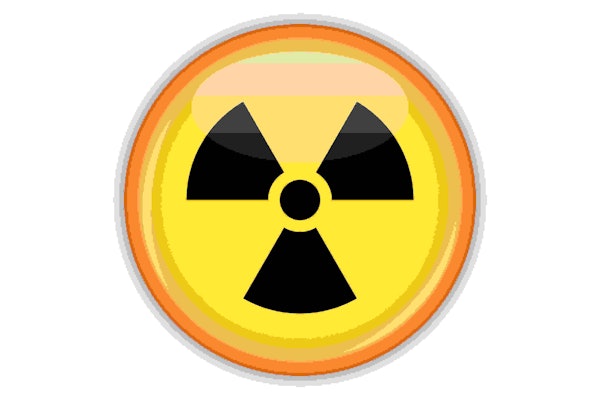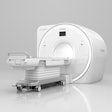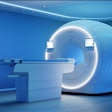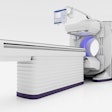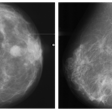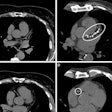More in Home
Canon features new MRI scanner, AI, CT enhancements at RSNA 2024
December 6, 2024
Philips highlights AI automation, cloud at RSNA 2024
December 5, 2024
Clinical utility study confirms need for strong AI oversight
December 5, 2024
AI chatbots tested on patient questions about Lu-177 PSMA-617
December 5, 2024
Video from RSNA 2024: How rads can handle election results
December 5, 2024
The 2024 PACSMan Awards: Show me the money
December 5, 2024
GE HealthCare targets precision care, workflow improvements
December 5, 2024
Study shows women will pay for AI breast cancer screening exam
December 5, 2024
Cardiac calcium score screening CT can also detect lung cancer
December 5, 2024
Video from RSNA 2024: Theranostics on the rise
December 4, 2024
Video from RSNA 2024: Navigating the radiologist job market
December 4, 2024
